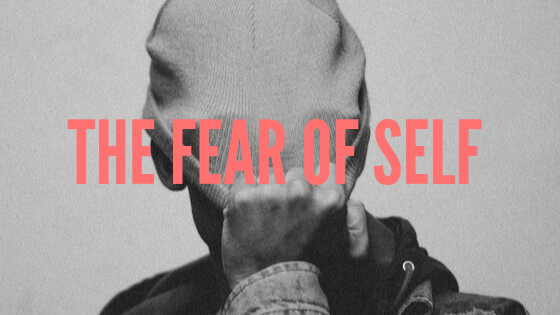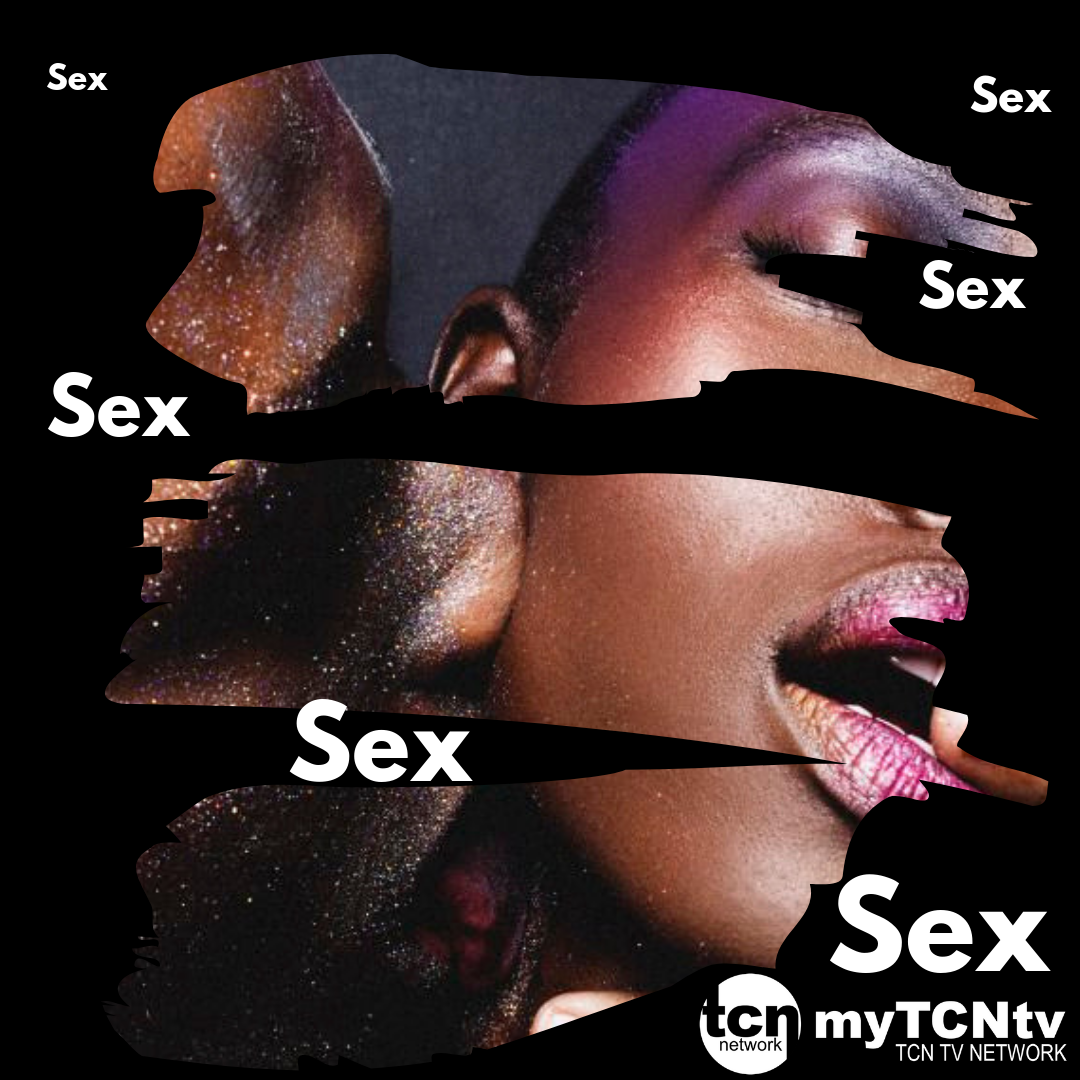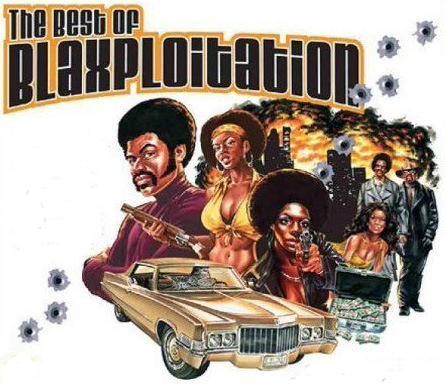
Hear 2 Help You At The Movies
- Hear 2 Help You, Blog Updates, Standard Blog
- black stereotype, Blaxploitation, Five On The Black Hand Side, hear 2 help you tcn, powerful, Sweet Sweetback Baadasssss Song, The Education Of Sonny Carson, Together Brothers
- March 15, 2019
There was a time when our movies stood for something; they weren’t all good, and some perpetuated the black stereotype. Today, Simone and Dave will take a closer look at the messages found in some of these powerful Blaxploitation films.
[wonderplugin_video iframe=”https://www.youtube.com/watch?v=MnSvXzNuL2E” videowidth=600 videoheight=400 keepaspectratio=1 videocss=”position:relative;display:block;background-color:#000;overflow:hidden;max-width:100%;margin:0 auto;” playbutton=”https://hear-2-help.com/wp-content/plugins/wonderplugin-video-embed/engine/playvideo-64-64-0.png”]
For a beautiful yet brief history of this genre, we found an article on viddy-well.com written by Aaron Haughton. We will be using pieces of the article for our blog today.
History of Blaxploitation Cinema
What does blaxploitation mean, and where does the term come from?
The blaxploitation genre is a subset of exploitation cinema, which is fundamentally comprised of independently produced, low-budget B-movies or grindhouse films.
Blaxploitation films featured black actors in lead roles, and typically centered around African Americans overcoming oppressive, antagonistic and generally white authority figures. Protagonists in blaxploitation films were outlined as stereotypical characterizations, such as pimps, pushers, prostitutes, or bounty hunters, but at their core, promoted a message of black empowerment.
The term Blaxploitation was coined by Junius Griffin, the then-head of the Los Angeles National Association for the Advancement of Colored People (NAACP), in the early 70s as a criticism for the less-than-positive images of African Americans depicted in the genre, and his influence would later contribute to its demise.
However, not everyone in the black community agreed with the NAACP assessment.
Amongst the first of these filmmakers was Melvin Van Peebles, and he lit the match that would ignite the blaxploitation sub-genre with his independently financed feature Sweet Sweetback Baadasssss Song. Upon the film release in April of 1971, it astounded black audiences with its provocative depiction of a black man fighting the system and winning. Prior to Sweetback, there had never been a film where a black man running from the police got away, and so the film made a justifiable splash within the African American community.
Please click here to read the article in full.
Now a list of some of our favourite movies.
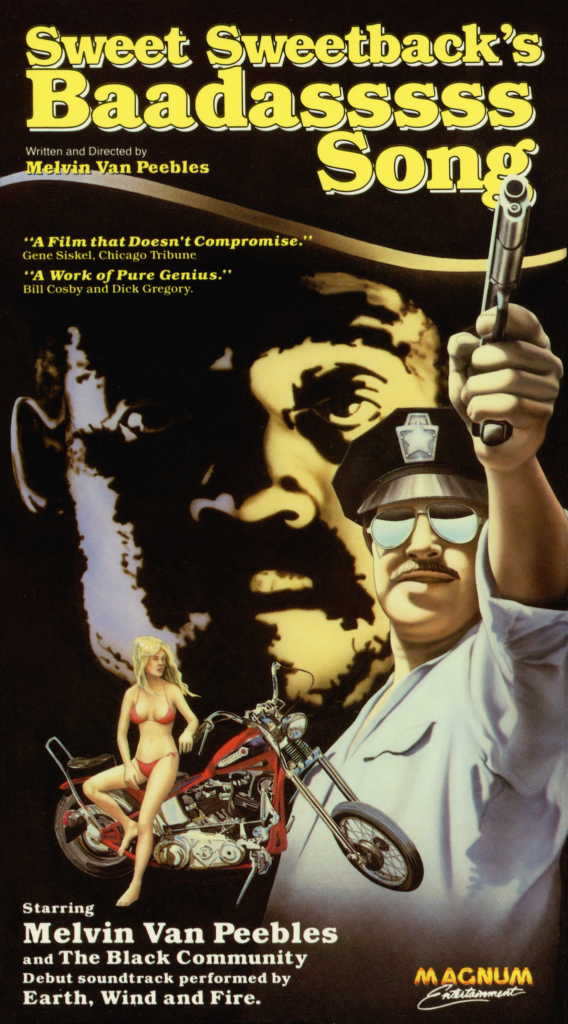
Plot Summary: After beating a couple of white cops he witnessed brutalizing a local black revolutionary, sex show performer Sweetback has to go on the run. As he flees through decrepit South Central Los Angeles, Sweetback demonstrates his formidable potency through sex as well as violence, evading the police manhunt by any means necessary.
The movie was produced on a shoestring budget as no Hollywood studio would fund the project. Bill Cosby loaned Melvin Van Peebles $50,000 to complete the project. The overall budget for the movie was $150,000 and was filmed over 19 days. It grossed approx. 15 Million USD.
In 1971, Black Panther Party co-founder Huey P. Newton went to see Sweetback. Newton devoted an entire issue of the Black Panther Party’s newspaper to Van Peebles’s film—the first time the paper was ever given over to one subject in its entirely—the centerpiece of which was his long essay that analyzed the film from a revolutionary perspective. Newton soon made the film required viewing for every Panther member in every chapter across the country.
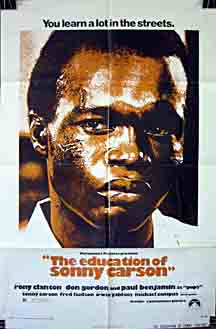
This film was released in 1974. “The Education Of Sonny Carson”, also goes through an realistic approach to the similar tales of crime and redemption as we take a look at the harsh realities of life and survival in the streets of Brooklyn. We also see how a young man, who has a bright future ahead of him, get sucked into a life of crime and poverty and goes through a redemption of himself and changes his ways.
If you look at it, it does bear a resemblance to several Black films of the 1970’s, but it is infinitely superior. This is worth seeing at its finest and it is a classic within itself. However, the original Sonny Carson is no longer with us.
R.I.P Sonny Carson-We Miss You
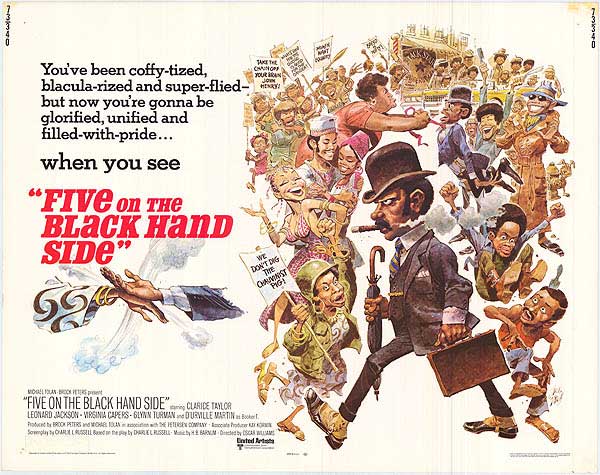
Plot Summary: Mr. Brooks (Leonard Jackson) is an African-American barbershop owner who runs his household with an iron fist. One day, however, Mrs. Brooks (Clarice Taylor) tires of his stern approach and embraces a nonconformist attitude that’s more in line with that of their children, including the philosophical Booker T. (D’Urville Martin) and Gideon (Glynn Turman), a black militant. Soon a battle of wills erupts in the Brooks household, and no one is going to readily back down.
This live play turned film is such a wonderful film for the family. Filled with all kinds of comedic gestures, it’s no wonder that this film made our list.
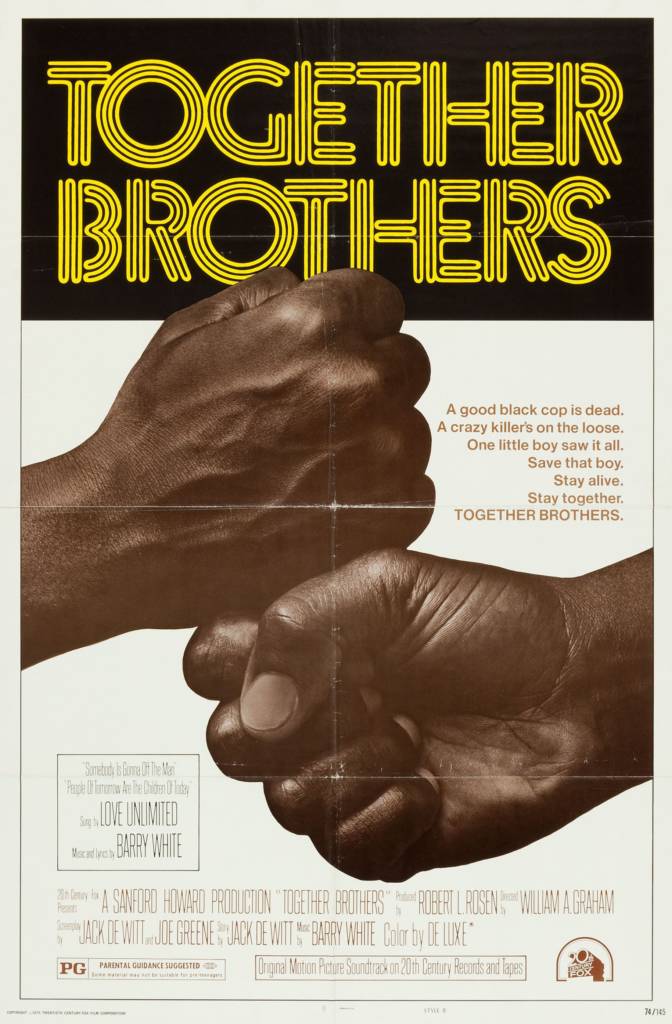
The Together Brothers is a Galveston, Texas, teenaged gang, populated by Blacks and Chicanos. A popular police officer (Mr. Kool) is murdered, and the Brothers’ leader (Ahmad Nurradin) wants to track down those responsible.
The leader’s 5-year-old brother (Anthony Wilson) is the only witness to the crime, thus the boys must keep the kid from becoming dead meat at the hands of the killers. Through methods ranging from cerebral to violent, the Together Brothers piece together the clues and expose the murderers.
We love a few things about this film, a police officer who looked out for the neighbourhood and of course, children from different cultures banding together to solve a crime.
We would love to hear about some of your favourite Blaxploitation films. So don’t forget to leave your comments.
See y’all next week.
